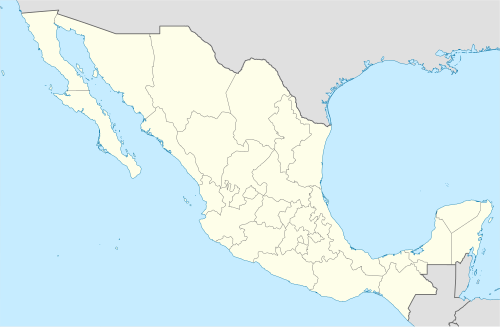| Tournament details | |
|---|---|
| Host country | Mexico |
| Dates | 8–23 October |
| Teams | 6 (from 1 confederation) |
| Venue(s) | 2 (in 2 host cities) |
| Final positions | |
| Champions | |
| Runners-up | |
| Third place | |
| Fourth place | |
| Tournament statistics | |
| Matches played | 15 |
| Goals scored | 55 (3.67 per match) |
| Attendance | 790,097 (52,673 per match) |
| Top scorer(s) | |
← 1973 1981 → | |
| CONCACAF Qualifiers |
|---|
The 1977 CONCACAF Championship, the seventh edition of the CONCACAF Championship, was held in Mexico from 8 to 23 October. Mexico, as the host nation, easily secured a third title and a place in Argentina '78 since the tournament also served as qualification to the World Cup. The North, Central American and Caribbean zone was allocated 1 place (out of 16) in the final tournament.


